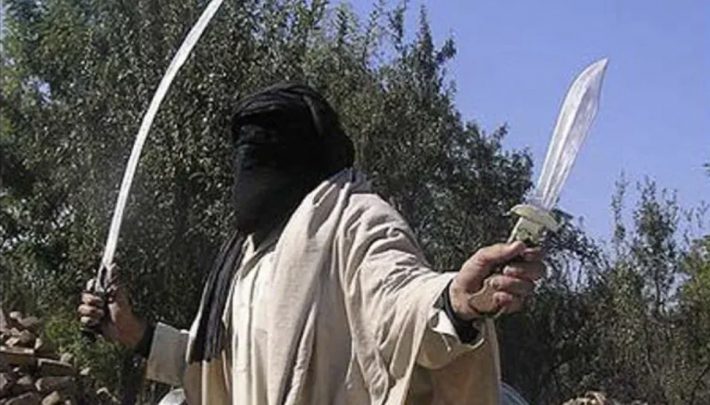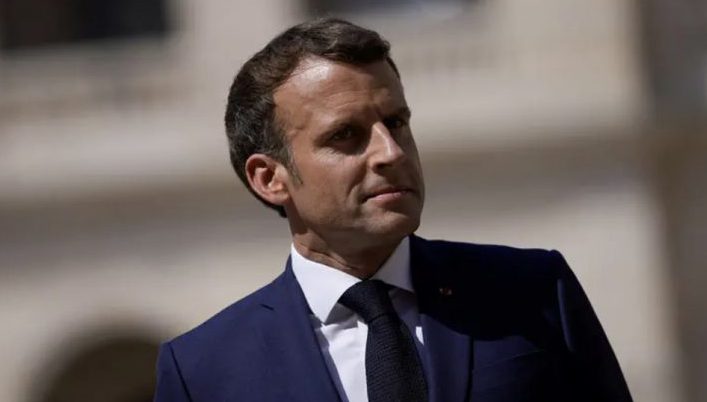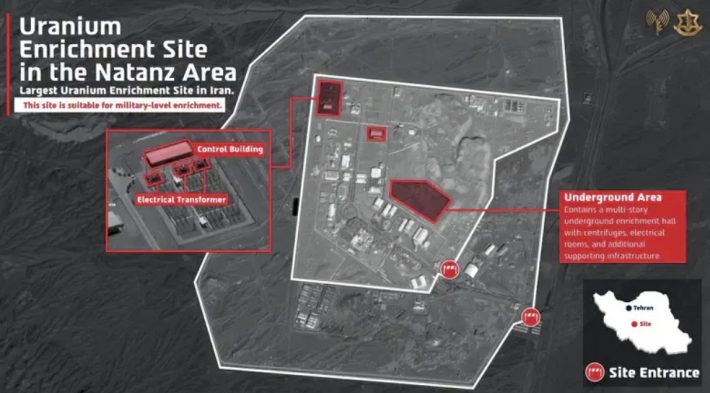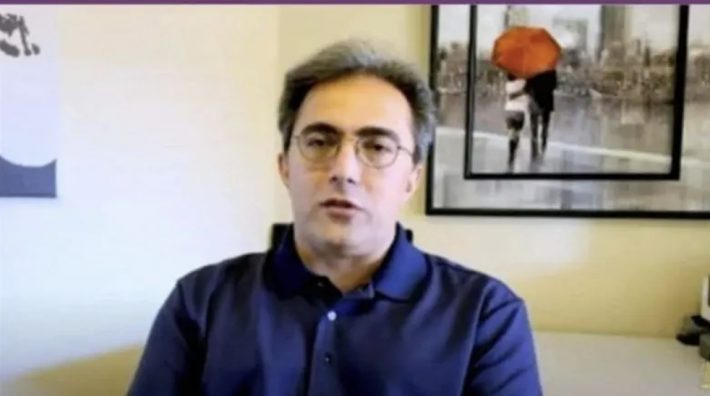A troubling chronicle of how America has faced a dual assault—from decades of violent Islamist terrorism to a growing wave of ideological, non-violent influence undermining democratic values, campus freedoms, and support for Israel.
For over three decades, the United States has been confronting a dangerous and complex challenge: the sustained presence of violent Islamist terrorism and an emerging wave of ideological influence campaigns rooted in Jihadi and Intifada narratives. While the horrors of 9/11 remain etched in national memory, the broader pattern of violence—and now political maneuvering—continues to evolve across American society.
📍 A Timeline of Terror: 1990–2025
The most visible chapter of Islamist extremism in the U.S. unfolded through numerous violent attacks carried out or inspired by radical groups. The list is long, alarming, and documented:
From the 1990 assassination of Meir Kahane to the 2025 New Orleans truck attack, these incidents have included plots and killings like the 1993 World Trade Center bombing, the 2001 Pentagon and Twin Towers attacks, the 2009 Fort Hood shooting, and the 2016 Orlando nightclub massacre.
Even Wikipedia’s partial entry on “Islamic extremism in the United States” chronicles dozens of such incidents, clearly outlining the persistent and often lethal threat posed by violent jihadists on American soil.
🎭 The Rise of Non-Violent, Ideological Jihad
In parallel, a more sophisticated, less visible form of jihad has taken root—waged not with bombs but with words, political posturing, and systemic manipulation. This “soft jihad,” led by U.S.-born or Western-educated Muslims from politically active immigrant families, leverages freedoms granted by the American Constitution to push ideological agendas steeped in anti-Zionism and antisemitism.
Their influence is particularly strong on college campuses, in activist movements, and increasingly in U.S. politics. This network often enjoys protection under free speech, political correctness, and media platforms that fail to scrutinize ideological extremism cloaked in progressive language.
🧠 Weaponizing Ideology
These non-violent actors use rhetoric instead of rifles—seeding misinformation, demonizing Israel, and targeting Jewish students on campuses. With professional media skills and fluent American accents, they propagate what many see as a calculated ideological war. Concepts such as “liberating Palestine” are used as euphemisms to justify hostility toward the Jewish state, while promoting the global ambitions of radical Islamist groups like Hamas and Hezbollah.
Through carefully crafted narratives, they invert truth, distort history, and portray themselves as defenders of civil rights—while subtly injecting antisemitic and anti-American sentiments into public discourse.
👤 The Case of Zohran Mamdani
A striking example is Zohran Kwame Mamdani, a New York Assemblyman whose rapid political ascent reflects a shift in American political dynamics. His family background—father Mahmood Mamdani, a Columbia University professor with controversial views on Islamist militancy, and mother Mira Nair, a filmmaker critical of Israel—frames his radical posture.
Mamdani is aligned ideologically with prominent U.S. Congresswomen like Rashida Tlaib and Ilhan Omar, both of whom have been widely criticized for supporting the Boycott, Divestment and Sanctions (BDS) movement and for using antisemitic tropes. Their rhetoric includes calling Israel an “apartheid state,” denying its legitimacy, and pushing one-state solutions that many see as a coded call to dismantle the Jewish state.
⚖️ Political Disruption or Democratic Subversion?
This new breed of radical progressives uses democratic institutions to question and destabilize those very systems. With electoral success comes influence—manifesting in policy positions hostile to Israel, sympathy for extremist groups, and a steady undermining of American strategic alliances in the Middle East.
They often build coalitions with far-left organizations, disillusioned minority voters, and even segments of the Jewish progressive community—some of whom unknowingly support agendas antithetical to their own security and values.
🔚 The Bigger Picture
Whether through terrorist attacks or ideological warfare, the goal remains alarmingly similar: to weaken America’s institutions, discredit Israel, and promote a global Islamist vision under the guise of civil rights and anti-colonial struggle. As rhetoric radicalizes and gains traction across digital and academic platforms, the threat is no longer just about security—it’s about societal coherence and the future of liberal democracy itself.





